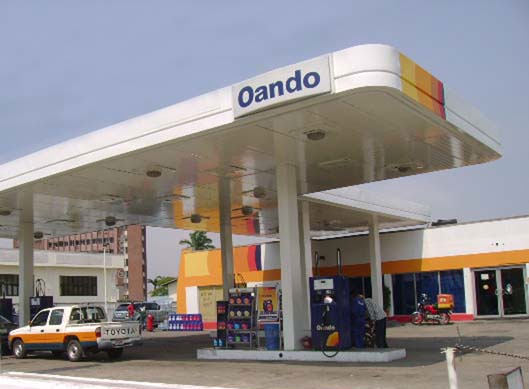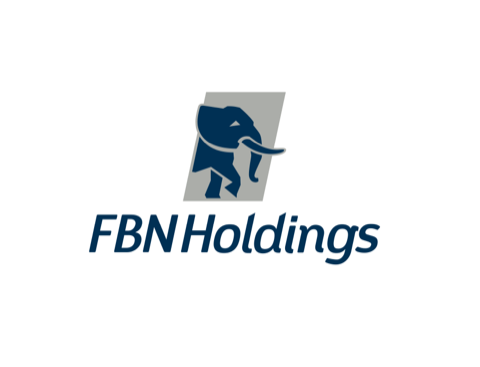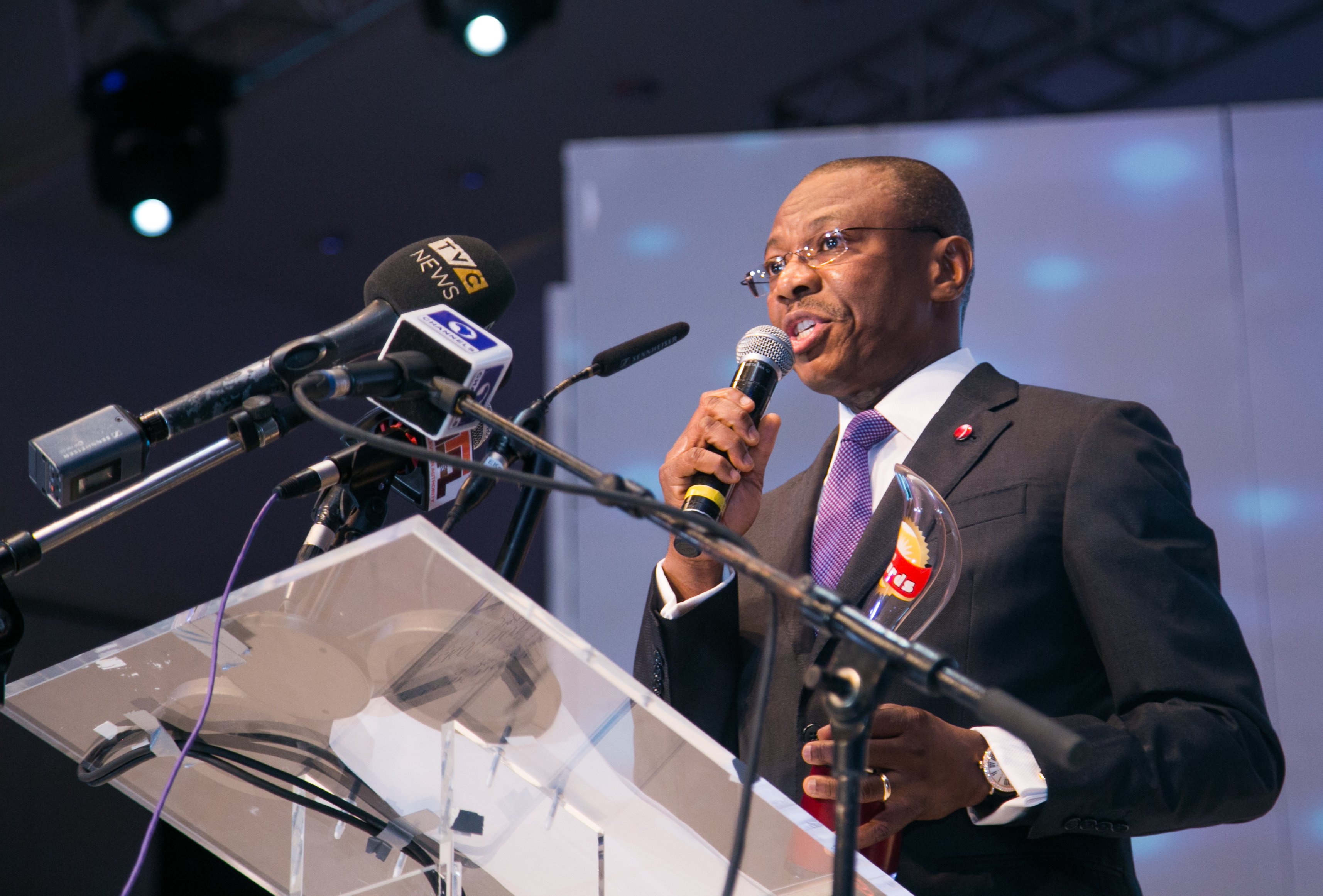Oando, the energy company, returned to profit at the end of the first quarter trading in March but losses are persisting in the company’s continuing operations for the third year running. The continuing business of the company ended in a much bigger loss than recorded in the same period last year but profit from discontinued operations leveled up the books and painted an improved picture for the bottom line.
The ability of the company to sustain profit shown at the end of the first quarter and to grow it in the rest of the year appears uncertain. Where the profit is going to come from carries a big question mark. The continuing business has been run at huge losses since 2013 and the loss grew by about 65% year-on-year at the end of the first quarter. That hardly leaves any chance for a sudden turnaround in the company’s continuing business this year.
Also, the company’s discontinued business has accounted for a good part of the huge losses the company has sustained in the past two years. Loss from discontinued operations amounted to over N52 billion in 2014 and about N18.5 billion at the end of 2015. At the end of the first quarter, the figure from this source changed into a profit of a little under N18 billion.
The company’s ability to sustain profit at full year seems to rest on expectations of additional profit from discontinued operations. The disposal of part of the company’s equity interest in some target operating companies of its downstream segment to Copper Energy B.V. is expected to be concluded this year. The sale of the entire issued share capital of Oando Energy Services Limited under a management buy-out arrangement was concluded in the first quarter of this year.
Advertisement
Oando’s group operations ended the first quarter with sales revenue of N27.73 billion, a drop of 9.5% from the corresponding figure last year. If the first quarter growth rate is maintained to full year, we expect a turnover in the region of N115 billion for Oando group at the end of 2016. The company’s restated revenue figure for 2014 means it grew the top line by close to 74% to N161.49 billion in 2015.
The operating pressure facing the company this year arises from rising costs against falling revenue. Cost of sales jumped nearly 36% at the end of the first quarter against the decline in turnover during the period. That swallowed up a lot of revenues and cut down gross profit by over 64% to N4.94 billion. The share of sales revenue claimed by cost of sales rose from 54.8% to 82.2% over the period.
Despite a strong growth of 44% in other operating income to N4.75 billion, the company’s earnings could not cover administrative expenses. An operating loss of N6 billion therefore occurred in the first quarter compared to an operating profit of N675 million in the same period last year.
Advertisement
Finance income more than doubled at the end of the first quarter, which helped to prevent a significant growth in net finance cost –amounting to N12.66 billion at the end of March. Net finance expenses have been huge and rising – from N36.6 billion at the end of 2014 to over N47.5 billion at the end of 2015. With further increase in total borrowings this year from N315.72 billion at the end of last year to N342.49 billion at the end of March, a further significant growth in interest expenses can only be expected to the detriment of the bottom line.
Loss from continuing operations grew by 64.5% year-on-year to N18.65 billion at the end of the first quarter. A tax credit lowered it to N13.87 billion while a profit of N17.97 billion from discontinued operations turned the loss into a net profit of N4.10 billion at the end of the period. The figures do not lend themselves to a predictable behaviour and so are the full year profit prospects of the company.
In our view, based on the first quarter performance, Oando’s profit outlook for 2016 is uncertain. Subsequent interims will be required to establish a sustainable basis for profit projection for the company in 2016.
The company earned 34 kobo per share at the end of the first quarter, improving from a loss of N2.29 per share in the same period last year. It lost N15.49 per share in 2014 and N4.23 per share in 2015. Its equity resources have been impaired by a retained loss of over N195 billion as at the end of March 2016, warranting the increasing dependence on borrowings.
Advertisement
Add a comment







